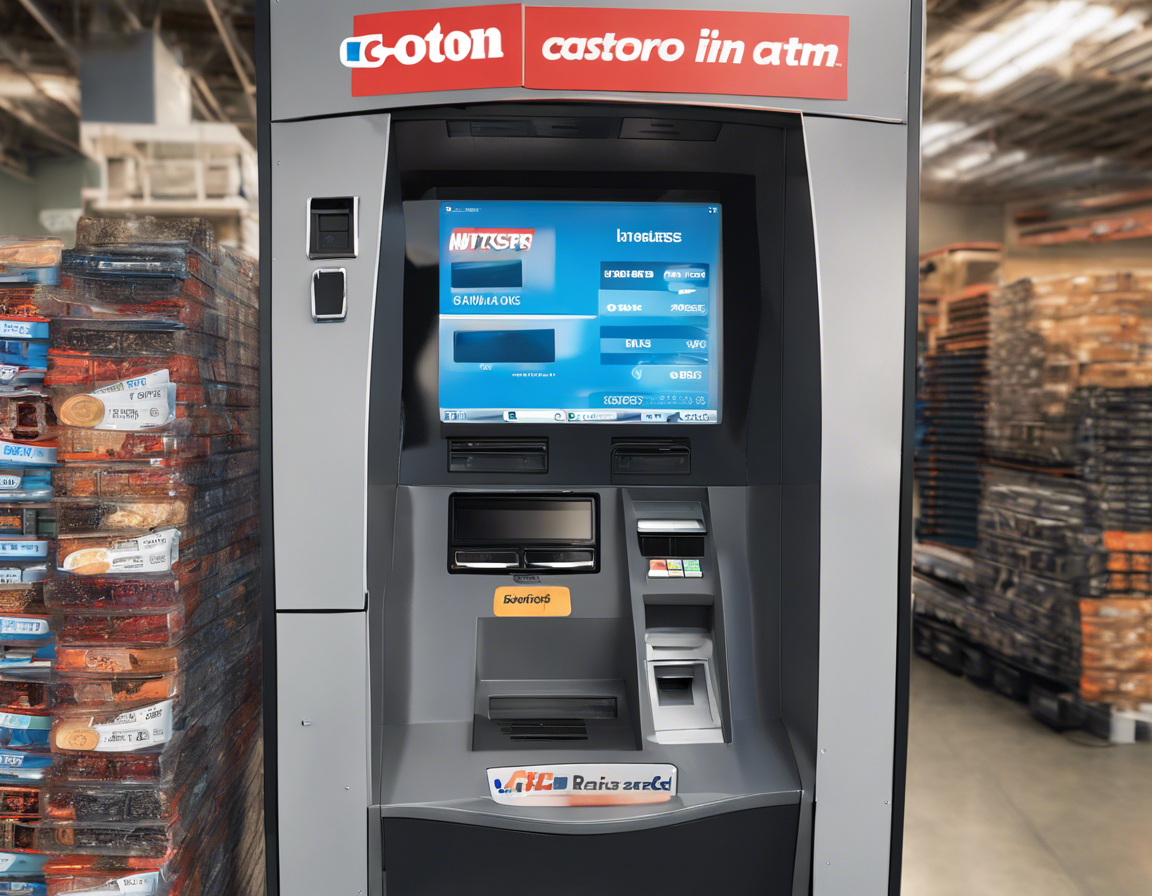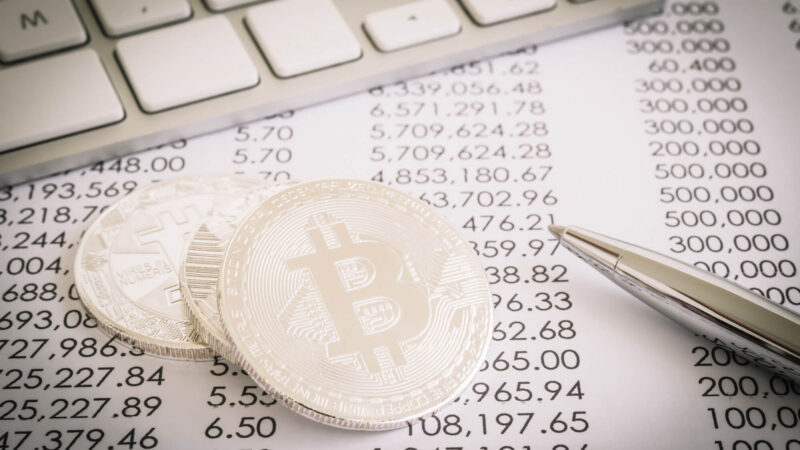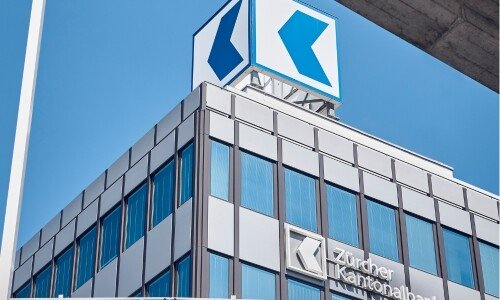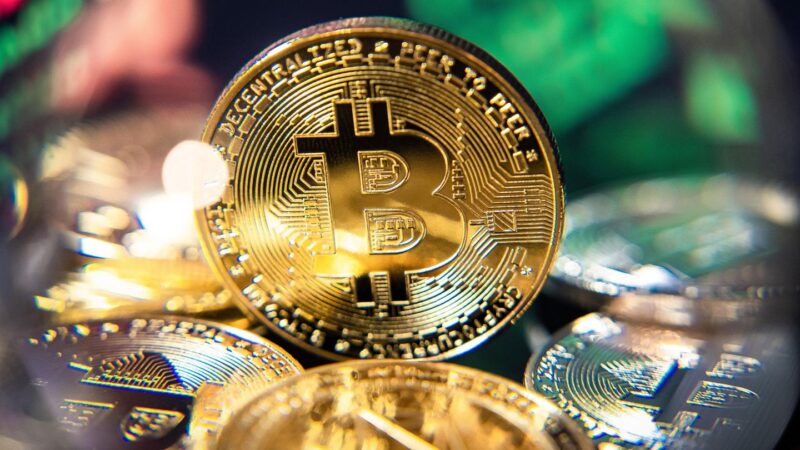Bitcoin ATMs Surge: Costco’s Nationwide Rollout Sparks Debate

In a groundbreaking move, Costco has announced the installation of Bitcoin ATMs across all its U.S. stores, marking a significant milestone in cryptocurrency accessibility. This development, in partnership with LibertyX, brings the digital currency to over 600 locations nationwide, potentially reshaping how Americans interact with Bitcoin.
Costco’s Bitcoin ATM Initiative
Costco’s decision to integrate Bitcoin ATMs into its retail ecosystem represents a major step towards mainstream adoption of cryptocurrency. The collaboration with LibertyX aims to provide a user-friendly interface for both novice and experienced Bitcoin users. This move is particularly significant given Costco’s extensive reach, with over 600 stores across the United States now offering direct access to Bitcoin transactions.
Brandon Mintz, CEO of Bitcoin Depot, another major player in the Bitcoin ATM space, commented on the industry trend: “We have always believed in providing everyone with easy access to Bitcoin, and this move reaffirms our confidence in Bitcoin’s potential for growth.”
Security Measures and Regulatory Compliance
As Bitcoin ATMs become more prevalent, security remains a top priority. These machines employ state-of-the-art encryption methods to protect transactions and personal data. User verification processes, including government-issued ID checks and biometric authentication, are implemented to prevent fraud and comply with anti-money laundering (AML) regulations.
Real-time transaction monitoring is another crucial security feature. By leveraging blockchain analytics, these systems can detect and flag suspicious activities, ensuring the integrity of each transaction. Physical security measures, such as tamper-resistant casings and alarm systems, further protect the ATMs from potential breaches.
Market Impact and Industry Growth
The expansion of Bitcoin ATMs in major retail chains like Costco could significantly influence Bitcoin’s market performance. While the immediate impact on price remains uncertain, increased accessibility may contribute to broader acceptance and potentially drive demand.
According to recent data, the United States leads globally in Bitcoin ATM installations, with nearly 30,000 machines nationwide. This number is expected to grow rapidly with Costco’s nationwide rollout.
Gracy Chen, CEO of cryptocurrency exchange Bitget, noted: “Speculative transactions, previously inherent in the crypto market, are becoming a thing of the past, and the ever-growing interest of institutions in creating reserves based on bitcoin confirms this.”
Challenges and Controversies
Despite the growing popularity of Bitcoin ATMs, they are not without controversy. Critics argue that the fees associated with these machines can be high, potentially deterring some users. Additionally, there are ongoing debates about the role of Bitcoin ATMs in facilitating money laundering and other illicit activities.
Regulatory bodies are closely monitoring the expansion of Bitcoin ATMs. The Federal Deposit Insurance Corporation (FDIC) is reportedly revising its guidelines, potentially opening doors for banks to engage more actively in digital asset activities. This could lead to increased competition and innovation in the Bitcoin ATM sector.
Future Outlook
The rapid proliferation of Bitcoin ATMs, exemplified by Costco’s nationwide rollout, signals a shifting landscape in the cryptocurrency industry. As these machines become more commonplace, they may play a crucial role in bridging the gap between traditional finance and the digital currency world.
Industry experts predict that this trend will continue, with more retailers and financial institutions likely to adopt similar strategies. The future may see enhanced integration of Bitcoin ATMs with other financial services, potentially revolutionizing how people interact with both digital and traditional currencies.
As the Bitcoin ATM industry evolves, it will be crucial to balance innovation with regulatory compliance and security measures. The coming years will likely see further developments in technology, user experience, and regulatory frameworks surrounding these machines, shaping the future of cryptocurrency accessibility and adoption.





